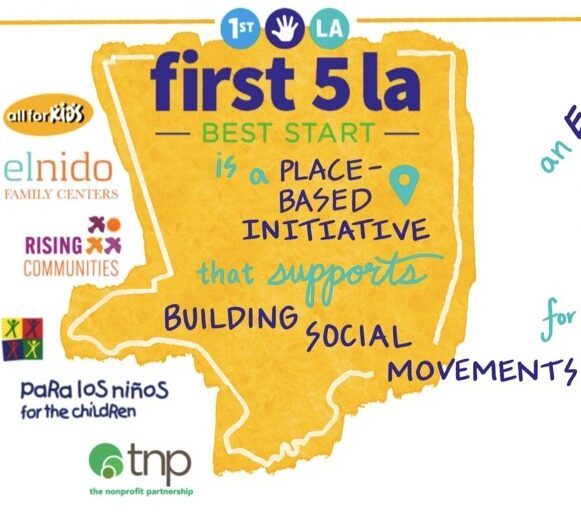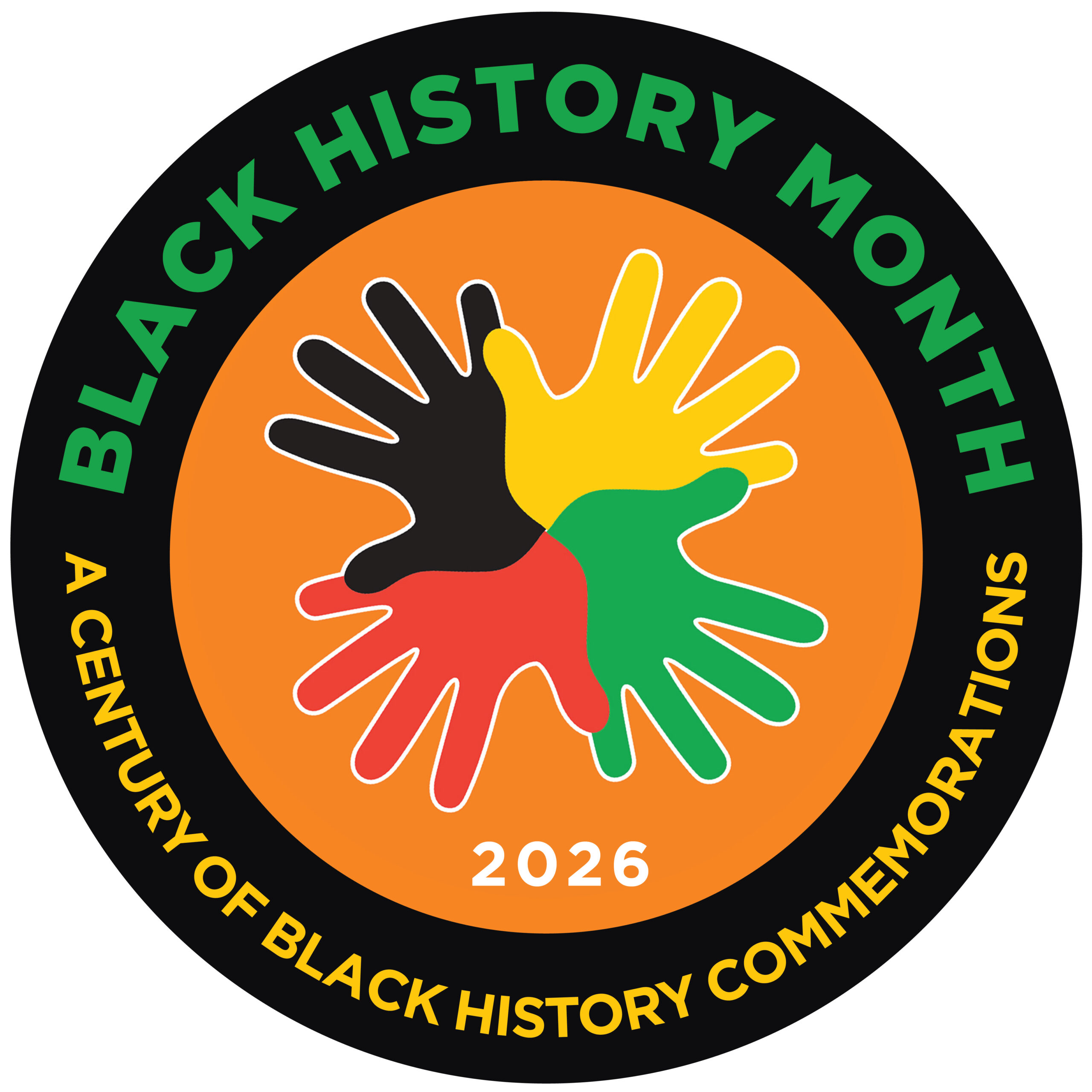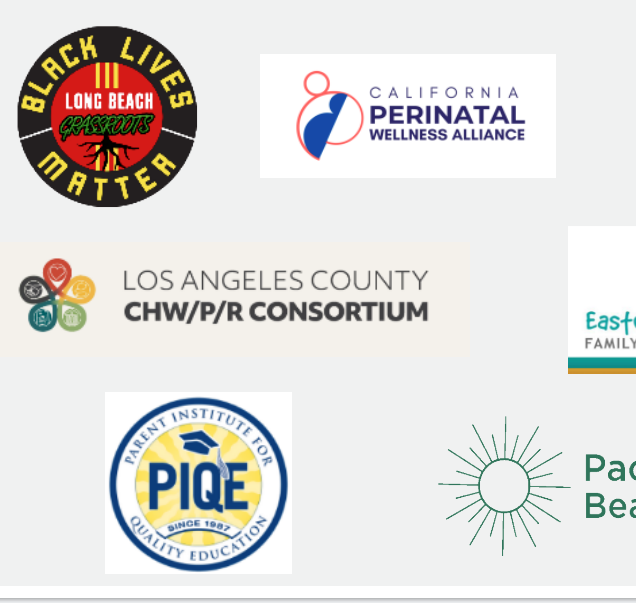By, Ruel Nolledo | Freelance Writer
August 12, 2025
The illustration, much like the conversation it tries to capture, is packed with images, ideas, and movement. Values and declarations share space with actions and goals.
Our participatory learning process.
Not just alive but thriving.
Look outside + within.
Empower + trust the folks closest to the challenge.
They are ideas about advocating for better lives paving the way toward suggestions about educating voters and improving language accessibility. A point made about the community’s stories sparks new ideas about transforming how history is taught in schools. Marigold lines weave their way through and across multiple talking points. Everything is connected. Everything is part of a larger whole.
“Wow,” remarked one community member via chat. “If this is the first day, I can’t wait for the rest.”
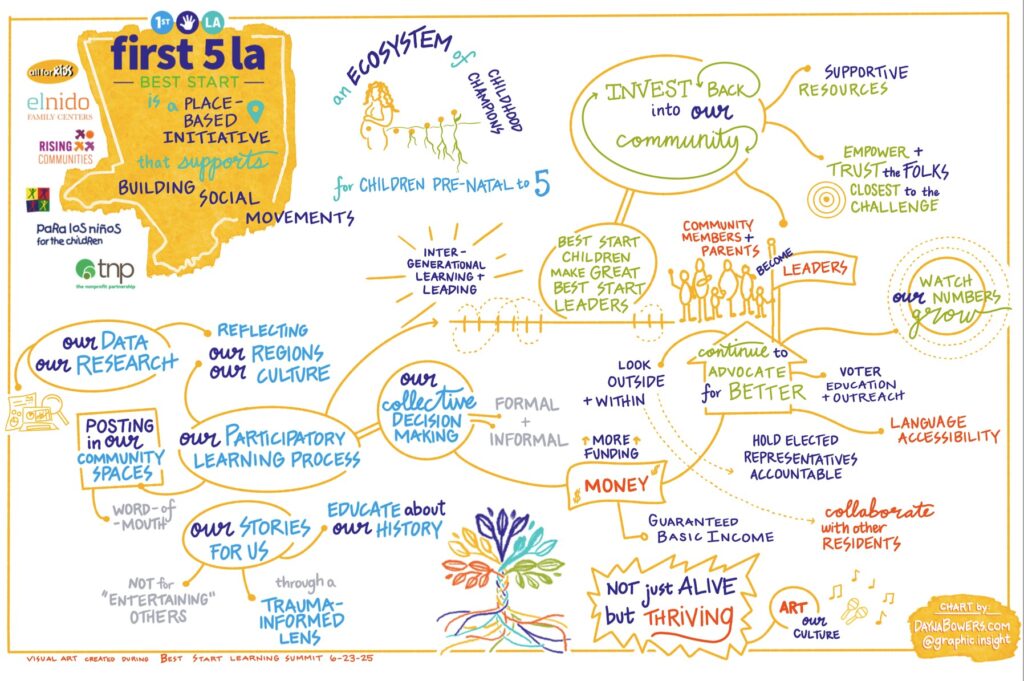
The illustration captures the essence of the conversations that took place during First 5 LA’s Best Start Learning Agenda Summit, a three-part convening that brought together community leaders from throughout First 5 LA’s Best Start Regions and Communities. For most attendees, the event was the culmination of a four-year journey as part of the Best Start Learning Agenda (BSLA), a collaborative learning process that explored what it takes to activate, strengthen, and sustain community-centered networks. Co-designed and facilitated by Engage R+D and Informing Change — First 5 LA’s learning and evaluation partners — the BSLA was launched in 2021 and engaged Best Start community leaders to share stories, lessons, and ideas about the importance of community empowerment and growing a social movement that prioritizes the needs of children prenatal to 5 and their families.
At the heart of the Learning Agenda work is Best Start, First 5 LA’s place-based initiative. Launched in 2010, Best Start provided support and resources to 14 communities throughout Los Angeles County, with the goal of strengthening their capacity to improve the safety, healthy development, and well-being of young children and their families. But as Best Start evolved, it became evident that, to reach this goal, a different kind of infrastructure was needed — one that could maximize community resources, increase local ownership and promote increased collaboration and sustainability.
“What we’re really seeing is that it takes all kinds — parents, community organizers, nonprofit partners, funders,” says Alyssa Gutierrez, a program officer on First 5 LA’s Communities Team. “This work happens when different parts of the ecosystem step in together.”
In 2018, Best Start that prioritized empowering communities to take the lead and create their own visions of the future. And to help study and learn from the resulting work on the ground in the Best Start regions, the BSLA was launched in 2021.
Originally planned as a one-day, in-person gathering, the BSLA Summit shifted to a virtual format in response to community concerns about safety following the sudden surge in ICE activity throughout Los Angeles in June.
“With the state of the world as it is now, there were dangers and challenges in hosting an in-person event,” says Michael Arnold, a partner and co-executive director of Informing Change, which is part of the larger Best Start research team. “We wanted to make sure that people felt safe and that everyone would have that opportunity to engage.”
To ensure broad participation without compromising well-being, First 5 LA, Engage R+D, Informing Change and the worked together to restructure the Summit into three Zoom sessions that took place from late June to mid-July. Care was taken to ensure the virtual format followed the cadence and flow of an in-person summit, with grounding and goal-setting during the first session, a deep dive on key issue areas in the next, and a collective reflection on what it takes to bring communities and organizations together and take action. And to provide added safety for all participants, the Summit sessions were not recorded.
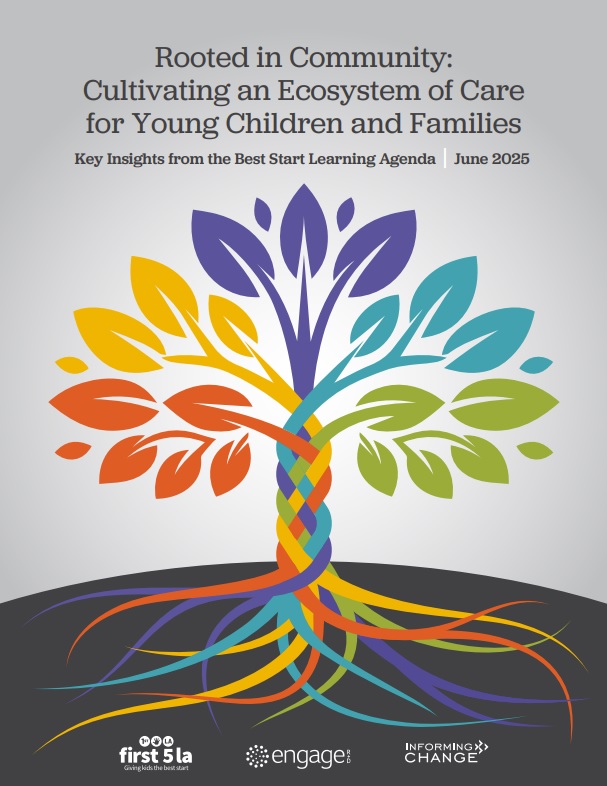 The event coincided with the release of Engage R+D and Informing Change’s learning brief, which offers a high-level summary of the Best Start regional network and learning agenda. Rooted in Community: Cultivating an Ecosystem of Care for Young Children and Families highlights the multiple complex factors and conditions that affect young children, as well as the ways parents and communities are addressing them. Sonia Taddy-Sandino, Engage R+D’s co-executive director, spoke to how communities are meeting today’s challenges by coming together and taking action.
The event coincided with the release of Engage R+D and Informing Change’s learning brief, which offers a high-level summary of the Best Start regional network and learning agenda. Rooted in Community: Cultivating an Ecosystem of Care for Young Children and Families highlights the multiple complex factors and conditions that affect young children, as well as the ways parents and communities are addressing them. Sonia Taddy-Sandino, Engage R+D’s co-executive director, spoke to how communities are meeting today’s challenges by coming together and taking action.
“We really want to focus on amplifying stories,” she told Summit attendees. “Your stories, the work that you’re doing, what it is that you’re learning, and how those lessons can be carried forward to help improve and strengthen communities and environments for young children and families.”
Arnold agrees, noting that one of the key differentials in the BSLA work was the active engagement of both residents and the Regional Network Grantees (RNG) coordinating the work in each region. The stories and insights they shared made a tangible difference.
“What these communities are doing has been the big power and the driver throughout all of this,” he said. “They’ve been so engaged in this process. They’re at the table and sharing information.”
Throughout the three sessions, attendees explored some of the brief’s key findings through panels that centered on healing and community care, affordable housing, and economic stability. The final session brought it all together with a discussion on what it would take to build deep and thriving community-centered networks.
“These are the kinds of cross-cutting themes that we’ve heard about from everyone,” said Taddy-Sandino. “Along with the imperative that we need to do this together.
“It takes collaboration,” she added. “It takes all of us.”
***
That theme of collective action was present throughout the Summit, along with the concept of power — who did and didn’t have it, how to build it, how to yield it effectively, and how best to share it. One participant pointed out how power was contingent on the capacity building and leadership development that needed to be prioritized in communities.
“That is this legacy,” she said. “Community members are looking at the leaders and learning from them … They will continue the work. They know their power, and they know their voice.”
Caitlin Stanton, an associate director at Informing Change, notes that the work she’s seeing taking place in real-time between and within Best Start Communities and Regions is reminiscent of Marshall Ganz‘s assertion that power is the capacity to grow interdependence into sources of power.
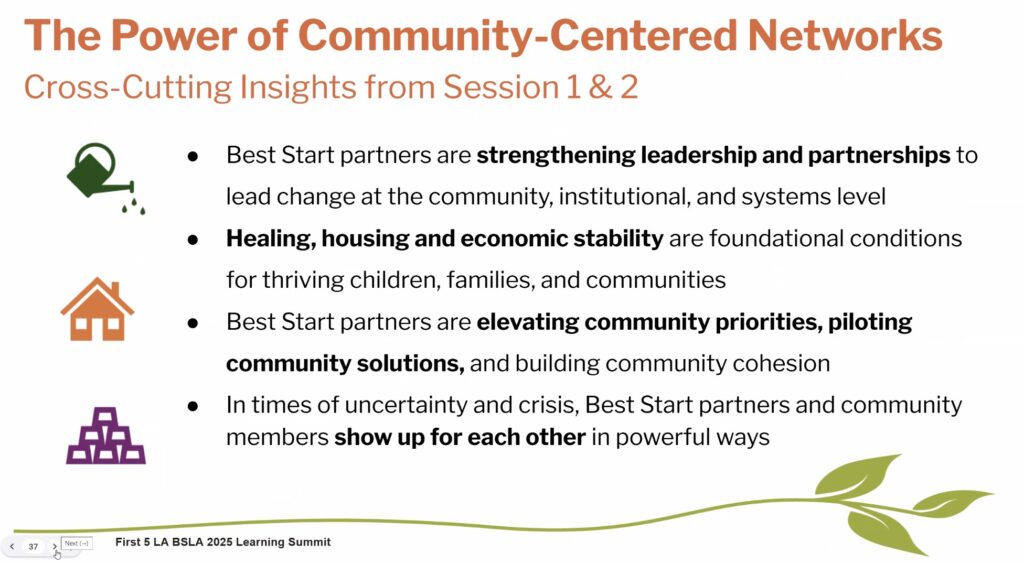
“That’s what I think these networks are doing,” she observes. “That’s the kind of power they’re generating. Everyone is coming together, developing interdependent relationships with one another, across differences, across communities. And in doing so, they’re generating a kind of collective power that can exert influence on how money is spent in their communities, what policies are enacted in their communities.”
Those conversations about power and collective action came together during a virtual chat on how communities could shape policies. Hosted by Aurea Montes-Rodriguez, First 5 LA’s vice president of Community Engagement and Policy, the chat included Shimica Gaskins, president & CEO of End Child Poverty California, and Henry Perez, executive director of Inner City Struggle.
One of the main challenges, noted Gaskins, was getting policymakers to adopt a more holistic approach to whole family support.
“They’re thinking about it in this program-centric way versus resourcing community-based groups and organizations that network, so that folks can be paid for their work,” she said. “Not just the promotoras, but others who are showing up for each other in mutual aid networks or other scenarios. Because that is what is actually helping communities and families be successful.”
Perez agreed. “It’s about building a larger tent,” he said. “So that all of us are able to work together.”
A more detailed BSLA report is slated for release later this summer, but the findings and stories emerging from the Best Start Learning Agenda are already making a profound impact. For example, thanks to the efforts of Regional Network Grantees to elevate community voices, issues like housing security and basic needs are now embedded as core priorities in First 5 LA’s 2024–2029 Strategic Plan. Equally important, the Plan centers the wisdom of communities as a driving force in dismantling systemic barriers.
“This is part of our learning journey together,” said First 5 LA Communities Senior Program Officer Freddy Lee to Summit attendees. “I think that’s a major theme here — how the vision of Best Start wasn’t just to do it in 14 communities. It was to build a strong voice for all families together throughout Los Angeles County.”
###
